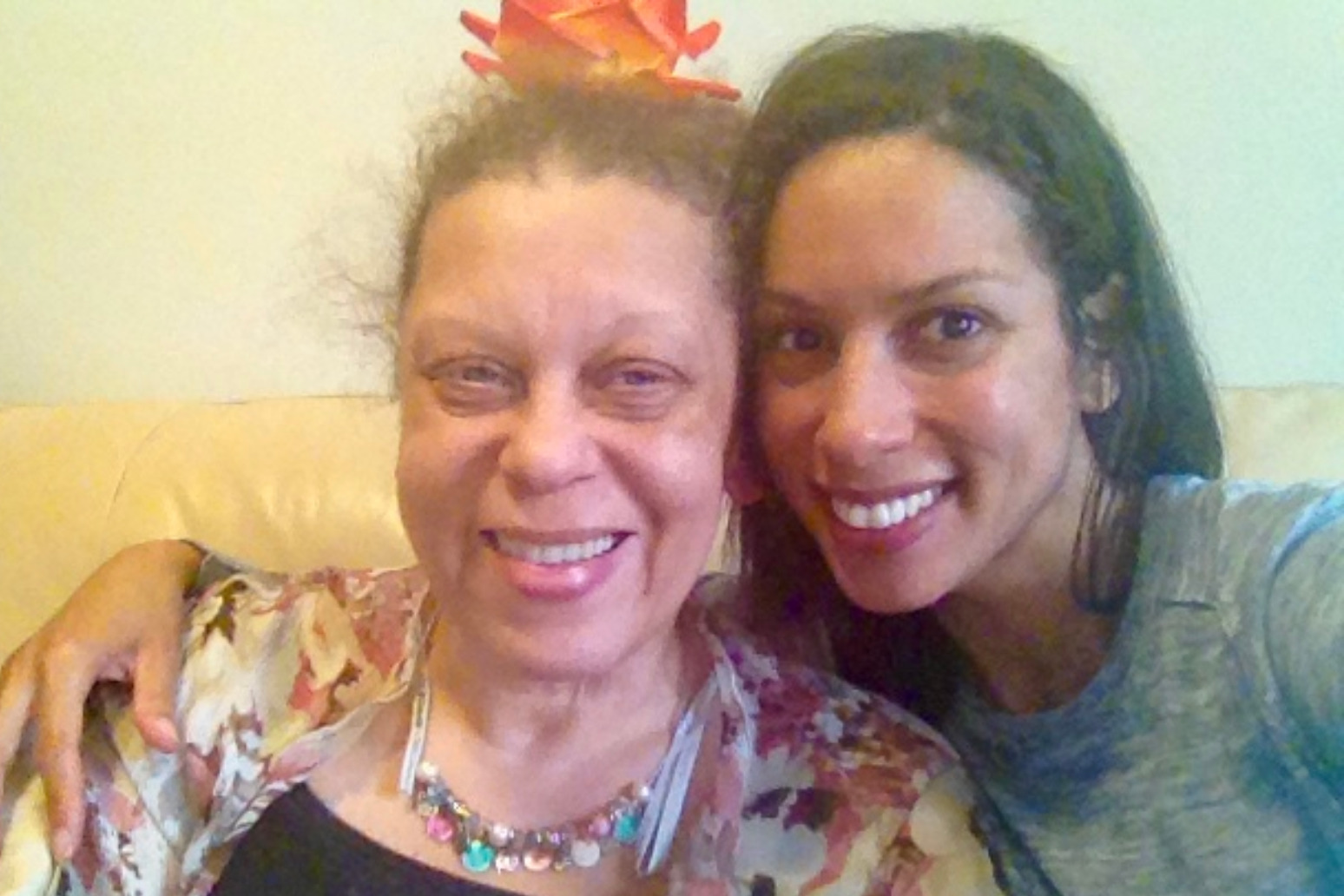-
 play_arrow
play_arrow
KL1 RADIO KL1 Radio Local Radio for West Norfolk
-
 play_arrow
play_arrow
KL DISCO KL Disco Playing Disco Music from the 70's onwards.24/7
-
 play_arrow
play_arrow
KL COUNTRY KL COUNTRY Playing New and Classic Country Music 24/7
-
 play_arrow
play_arrow
KL ROX KL ROX The best of New and Classic Rock.24/7
-
 play_arrow
play_arrow
KL SUMMER Summer Vibes 24/7 from KL1 Radio across West Norfolk
-
 play_arrow
play_arrow
KL CHILL Just Chill!
-
 play_arrow
play_arrow
KL POP The Best POP Hits all day Long!
-
 play_arrow
play_arrow
KL XTRA KL XTRA, The PopUp Station from KL1
music_note

That’s according to the Parliamentary and Health Service Ombudsman
Poor communication around do not resuscitate orders have left people scared of “ageist and ableist attitudes and behaviours in the NHS”, according to a report.
Experts said more must be done to raise awareness of DNACPR (do not attempt cardiopulmonary resuscitation) notices after the new document highlighted now “good practice is missing in some parts of the healthcare system”.
The Parliamentary and Health Service Ombudsman (PHSO) report also states that patients and their families are not always told that a DNACPR decision has been made.
“This causes distress and affects people’s trust in the NHS and doctors,” the authors said.
One woman said she was “devasted” to learn that her sister had a DNACPR notice placed in her medical records without any family consultation.
Sally-Rose Cyrille said she felt doctors involved with the care of her sister Sonia Deleon “didn’t think it was worth even trying to resuscitate Sone because she had learning difficulties and schizophrenia”.
DNACPRs are often put in place as part of end of life care so that if a person’s heart or breathing stops, their healthcare team will not try to restart it.
Decisions about not resuscitating a patient are made by doctors and do not need patient consent, but it is a legal requirement for medics to consult with a patient about a DNACPR decision if they have capacity, and with their next of kin otherwise.
Concerns were raised during the Covid-19 pandemic about the communication of DNACPRs, with some people saying they were not informed and others stating that conversations about such matters were not handled in a sensitive manner.
The PHSO said that DNACPR discussions are “positive” when done in the right way but it said that this is not always happening and improvements to the discussion process are needed.
It warned that decisions are often left too late – with many decisions taken in emergency rooms as families are under extreme stress. This can also mean that these decisions are left to the patient’s family, and patients are not able to provide input to the conversation.
Ombudsman Rob Behrens said: “A person’s age or disability should not impact their human right to be treated with appropriate respect and care, especially on such a critical issue as end-of-life care. Yet people have genuine fears about ageist and ableist attitudes in the NHS.
“Sadly, there is a lot of misunderstanding and confusion around DNACPR and the NHS needs to make urgent improvements and look at past mistakes when it comes to DNACPR process.
“As difficult and upsetting as it is, we can all try to help by normalising conversations about our wishes at the end of our lives.”
The report includes the story of Ms Deleon, known as Sone, who had learning disabilities and schizophrenia and was in full-time residential care. She died following a heart attack after contracting Covid-19 during the pandemic in 2020 aged 58.
A DNACPR notice was put on her records but her family were not informed.
The reasons for the notice being made included frailty, having a learning disability, poor physiological reserve, schizophrenia and being dependent for daily activities, the PHSO said.
Her sister, Ms Cyrille, said: “The fact that multiple notices had been placed in Sone’s file without consultation with us, without our knowledge, it was like being hit with a sledgehammer.
“We only found out when my husband and I were reviewing Sone’s medical notes and I just couldn’t believe it. I burst into tears. I just couldn’t get my head around what had happened.
“To find out doctors didn’t think it was worth even trying to resuscitate Sone because she had learning difficulties and schizophrenia was just the most unbelievable, devastating bit of information that came out of what had happened.”
The PHSO has made a number of recommendations to improve care, including an awareness campaign to “normalise” conversations about end-of-life care, including DNACPRs and better training for medical staff.
An NHS England spokesperson said: “Patients should expect discussions regarding CPR resuscitation to take place as part of a wider conversation regarding their preferences, wishes and needs related to their future care, most likely following diagnosis of a life-limiting or life-threatening condition.”
Published: by Radio NewsHub

Similar posts
Upcoming shows

Paul Baker – KL1 Breakfast
7:00 am - 10:00 am

Chris Fisher – KL1 Mornings
10:00 am - 1:00 pm

Tim Lee – KL1 Afternoons
1:00 pm - 4:00 pm

Tom Green – KL1 Drive
4:00 pm - 7:00 pm

80’s ’til 8
7:00 pm - 8:00 pm
Message Us Now!
Copyright The Mediasite UK - 2023.








